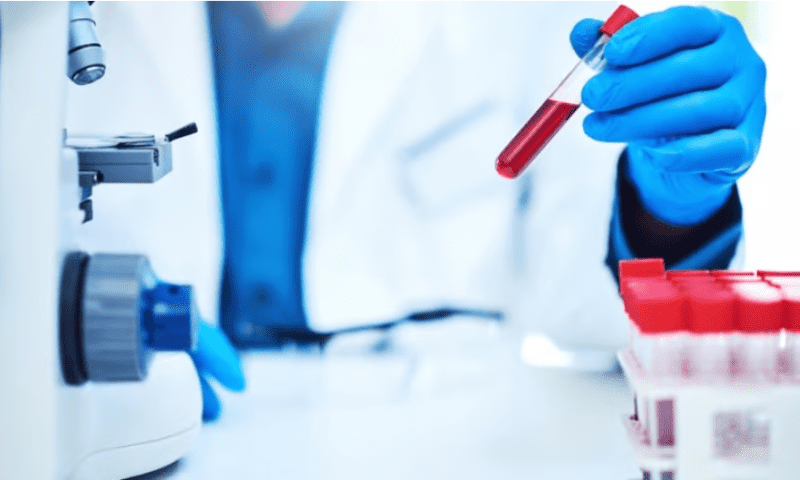After blowing past the $1 billion mark in its lifetime funding tally with back-to-back chart-topping funding rounds in 2020 and 2021, Caris Life Sciences took a breather in 2022.
But break time is over for the liquid biopsy maker: Caris announced Thursday that it has roped in another $400 million in debt financing. Backing the senior secured term loan are OrbiMed and Braidwell; the former led the financing and also participated in Caris’ last two fundraising rounds.
With the latest influx of funds, Caris is now a stone’s throw from having raised $2 billion in less than a decade. According to the company, it has raked in approximately $1.7 billion since 2018.
The debt financing will, perhaps appropriately, help Caris pay off other outstanding debt. The Dallas-area company will also use the funds to continue building out its precision medicine platform, which uses artificial intelligence to sift through an individual’s entire genome for signs of cancer and predict how they’ll respond to various treatments.
“Over the past decade, Caris has continued to raise the standard for molecular testing, beginning with offering whole exome and whole transcriptome [sequencing] in tissue, to now offering the same in liquid biopsy,” said David Halbert, Caris’ founder and CEO. “We are making breakthroughs with artificial intelligence and machine learning that enhance and change our understanding of cancer as a disease. This additional capital will allow us to pursue that mission with even more intense focus as we invest in our technologies and product pipeline.”
The most recent addition to Caris’ offerings is the Assure molecular profiling assay, which it introduced at the annual American Society of Clinical Oncology meeting last June. At the time, the company laid out its plans to begin a limited rollout of the blood-based test during the third quarter of 2022 then expand its reach throughout the next several months.
The test takes a small sample of blood to sequence the entire human genome—spanning all 22,000 genes, complete with DNA, RNA and protein biomarker analysis—to look for mutations that may be linked to cancer. That includes a prediction of future cancer risk: The test is capable of detecting certain abnormalities in blood-making stem cells that may be harbingers of hematologic cancers.
The assay also analyzes microsatellite instability status and loss of heterozygosity, which, along with the mutation analysis, can help a doctor classify the severity of a cancer and plot out the most appropriate treatment plan.
Caris’ tests work by comparing an individual’s genome to its massive database of other sequencing data. That library currently includes more than 455,000 tumor profiles, according to the company.
That mountain of real-world patient data will now be further put to use in a collaboration with ConcertAI that the duo announced during the J.P. Morgan Healthcare Conference in San Francisco last week. ConcertAI boasts a complementary database of treatment and outcome information from nearly 7 million cancer patients, and the two are planning to combine their compendiums to offer scientists and drug developers a reference tool as they plan clinical trials for new cancer treatments.

